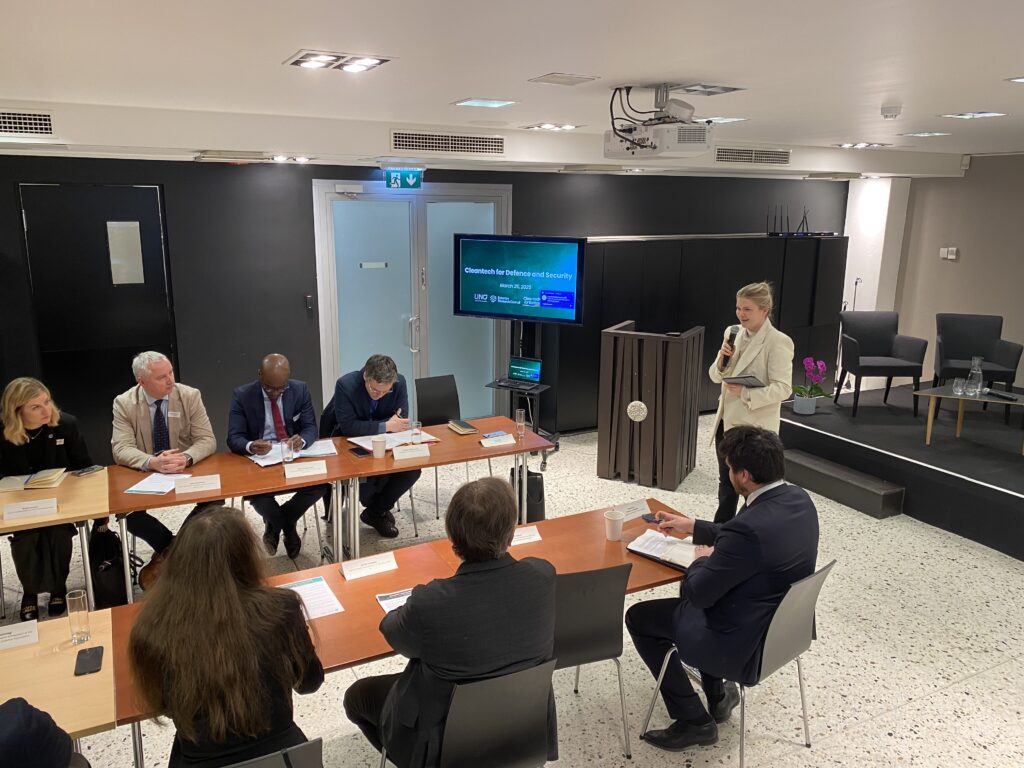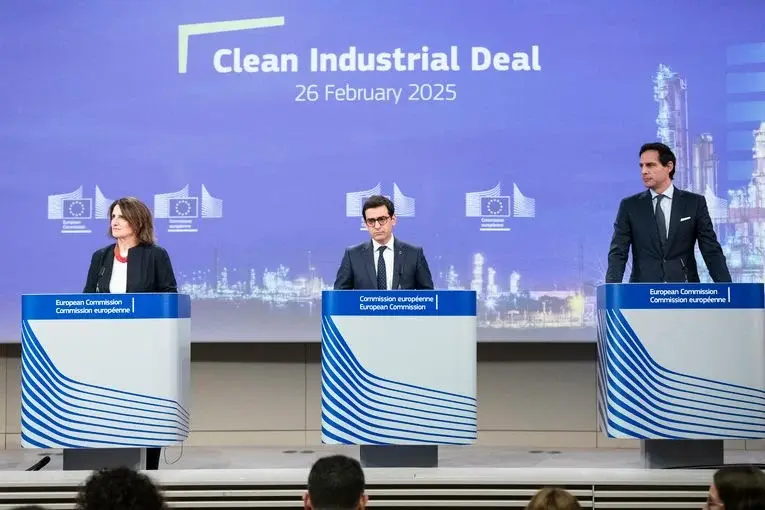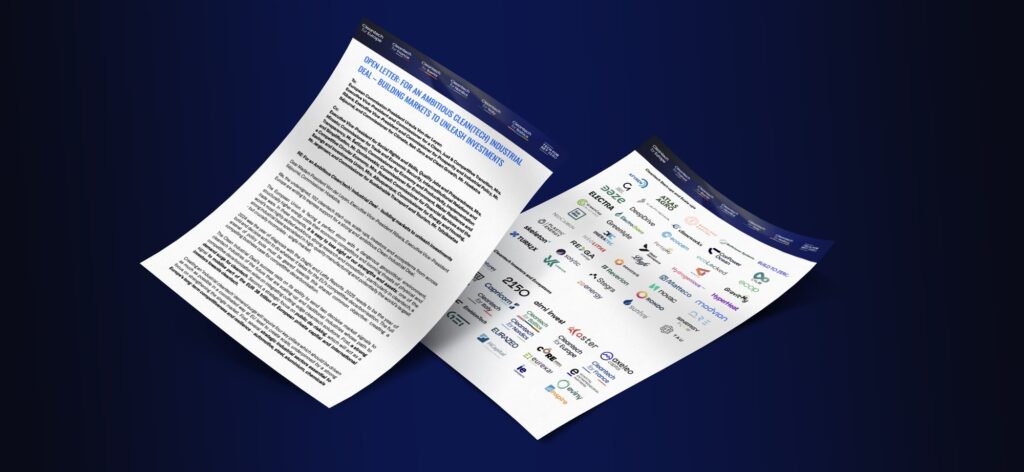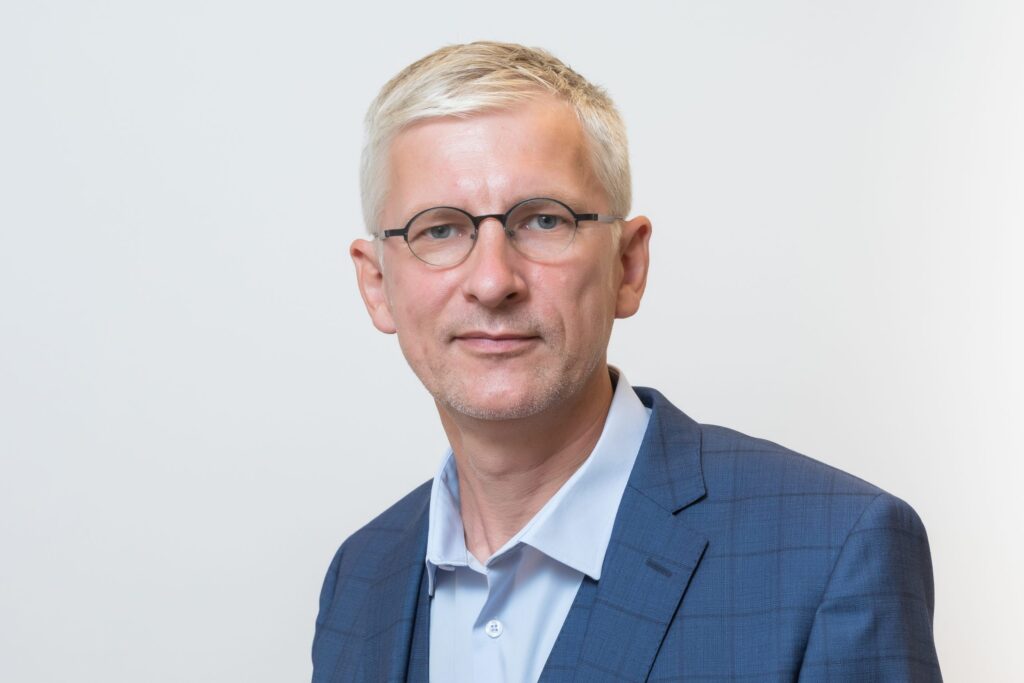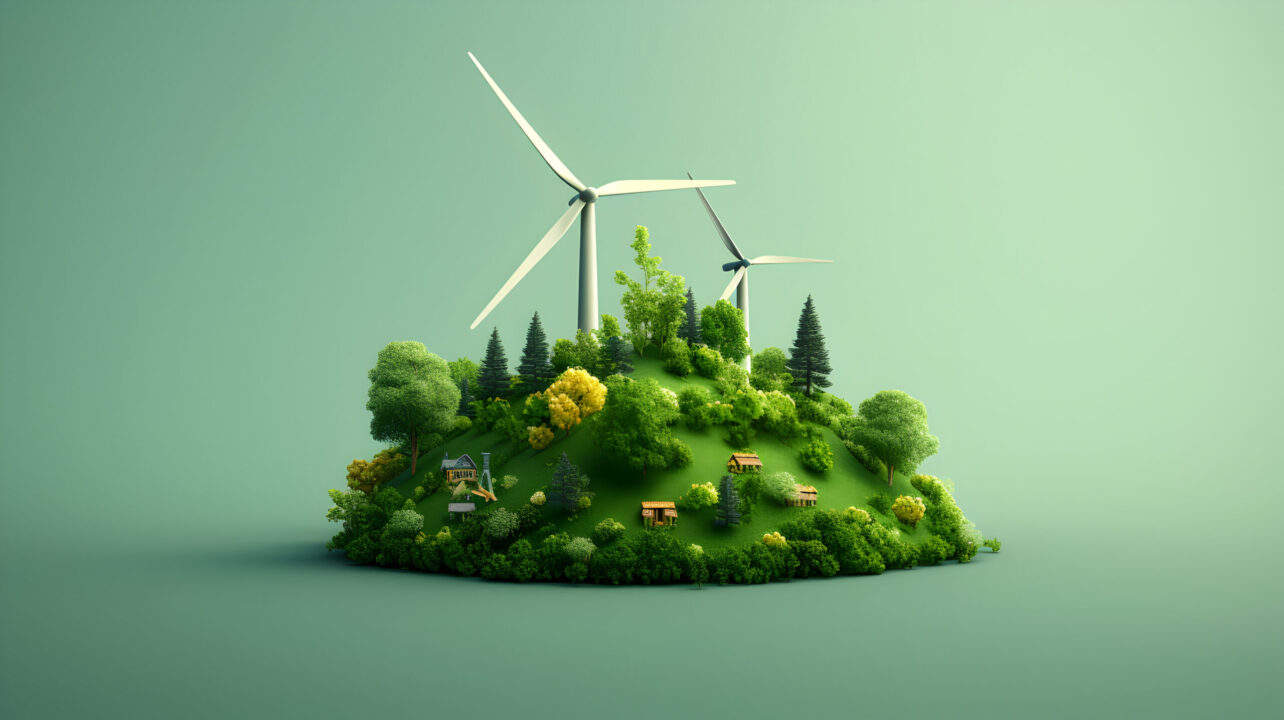Press release
Cleantech for Baltics
25.03.2025, Brussels
Roundtable Highlights How Clean Technologies Can Boost European Defence and Security
A high-level roundtable convened European Parliament members, leading industry and NATO representatives, investors, and subject-matter experts to discuss the benefits of deploying clean technologies to enhance European defence and security. The event “Strengthening Europe’s Resilience: Cleantech for Defence and Security”, highlighted dual-use technologies, emphasized the urgent need for increased energy autonomy and resilience across Europe.
The roundtable underscored both the economic and security benefits of increased investment and especially deployment of European clean technologies. During the opening, Kädi Ristkok, Executive Director of Cleantech for Baltics, emphasized, that “While we see clean technologies mostly through a climate lens, they have far more potential. In today’s world, where energy systems are weaponized, supply chains are fragile, and critical infrastructure is under threat, cleantech can help us keep to our long-term goals while protecting our societies.”
Jüri Ratas, a member of the European Parliament, emphasized during his keynote speech that “Reducing our dependence on fossil fuels is fundamentally tied to our national security. Clean technologies are a strategic asset for achieving resilience, autonomy, and strength in an increasingly complex geopolitical landscape.”
Discussions also addressed Europe’s need for a robust deterrence strategy to protect critical energy, materials and cyber infrastructures against escalating threats. Industry leaders called for policies promoting innovation, domestic production, and the retention of vital industries within Europe. Arnaud Castaignet, VP Government Affairs and Strategic Partnerships at Skeleton Technologies, emphasized that Europe cannot overly rely on importing critical raw materials but must also increase the use and development of alternative advanced materials, to reduce strategic dependencies. Alternative advanced materials can even enable higher performance in defence applications.
Ann Mettler, former Director-General, European Commission, urged to strengthen Europe’s deterrence capabilities, emphasizing that currently “no one is afraid of Europe,” as recent sabotages clearly demonstrate. Highlighting Europe’s increasing dependencies, especially evident in critical sectors, Mettler called for greater transparency and more evidence-based insight into vulnerabilities to inform decisive policy actions.
Thomas Pellerin-Carlin, a member of the European Parliament, also highlighted the fact that Europe’s greatest security threat is our continued dependence on imported fossil fuels, raw materials, and critical technologies. “If we fail to replace them with European production, we are effectively supporting unfriendly regimes. In that case, increasing defence spending becomes merely a strategy to avoid defeat — not to win. A true strategy for victory lies in achieving autonomy in energy, materials, and critical technologies.”
A shared understanding emerged that Europe needs a framework for stronger dialogue and collaboration between the clean technology, defence and security actors. While historically innovation often moved from military to civil application, there is a lot of unused potential in supporting the movement in the opposite direction today. In order to realize these synergies, policies across all boards need to be adapted. The event also recognized the economic potential of cleantech, advocating continued investment to stimulate new industries and high-quality job creation.
These key insights reflect just a fraction of the rich dialogue held during the roundtable. Organizers plan further initiatives to advance collaboration and strategic thinking on cleantech and European security.
The event was co-organized by Lithuanian and Estonian research council agencies in Brussels, together with Cleantech for Baltics and Cleantech for Europe.
To learn more about the topic: https://cleantechforbaltics.com/white-paper-cleantech-for-defence-security-and-resilience/


